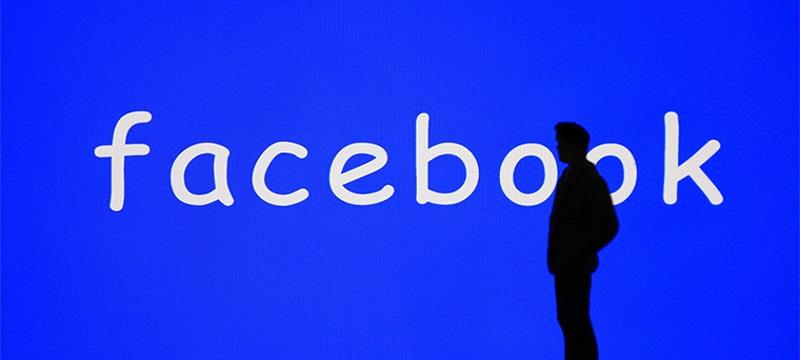Facebook Introduction

Introduction
Facebook is a social media company based in the United States, founded in 2004. It provides an online social platform where users can create personal profiles, connect with family, friends, and colleagues, share photos, information, and content, and interact with others. Facebook is one of the largest social media platforms globally, with billions of users. It offers advertising and marketing opportunities and continuously introduces new features and services to meet user demands. Over time, Facebook's development has also ventured into areas such as virtual reality, augmented reality, and more.

Development Stages
Early Stage (2004 - 2006): Facebook was founded by Mark Zuckerberg and his fellow students at Harvard University. Initially, it was exclusive to college students, allowing them to create personal profiles, add friends, and share photos and messages. This stage primarily focused on college campuses but quickly expanded to other universities and colleges.
Global Expansion and Open Registration (2007 - 2010): In 2007, Facebook opened registration to the global public, no longer restricting access to college students. This decision accelerated user growth, attracting users from around the world. Facebook introduced multilingual support during this phase, expanding its international presence.
The Era of Mobile Social Media (2011 - 2015): With the proliferation of smartphones, Facebook gradually became a primary platform for mobile social media. It launched mobile apps, allowing users to access the social network anytime and anywhere. Simultaneously, Facebook made significant acquisitions, including Instagram (2012) and WhatsApp (2014), expanding its influence in the mobile app market.
Diversification and Globalization (2016 - Present): In 2016, Facebook continued to diversify its services, introducing new features such as Facebook Live (live streaming) and Watch (video content platform). Facebook also improved its advertising and data analytics tools, attracting advertisers and brands. Furthermore, Facebook actively promoted the development of virtual reality (VR) and augmented reality (AR) technologies, and in 2020, it rebranded as Meta Platforms, Inc., to reflect its commitment to VR and AR.
These four major stages represent Facebook's development journey, starting as a college-centric social network and evolving into one of the world's largest social media platforms with diverse features and a global user base. In the future, Facebook and its parent company, Meta Platforms, Inc., will continue to innovate to meet evolving social media needs and technological trends.